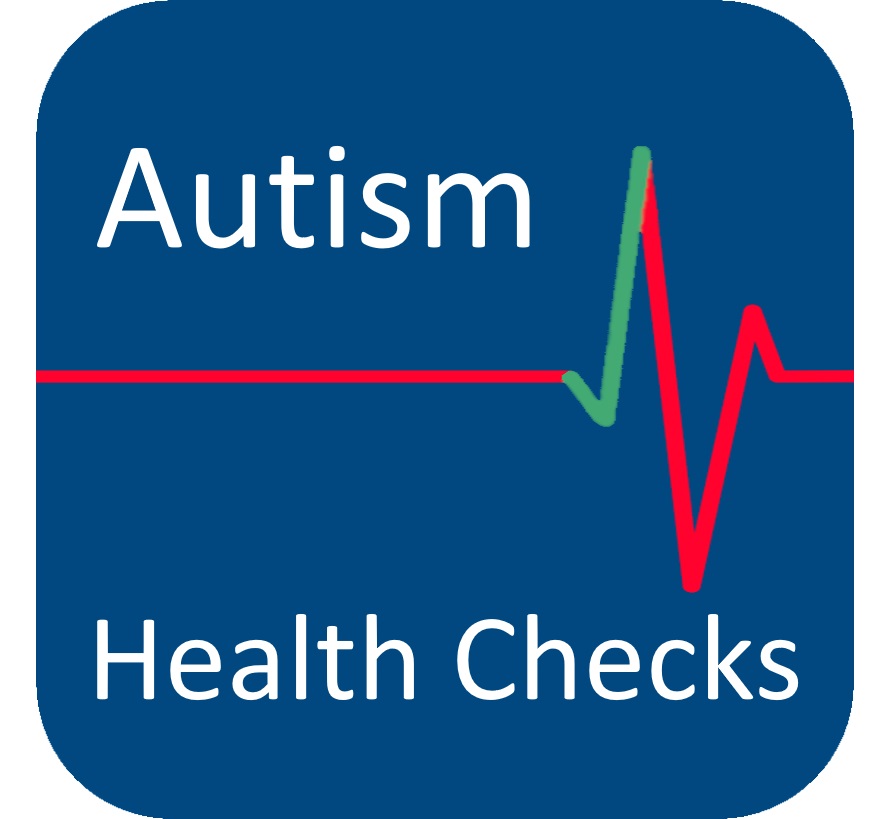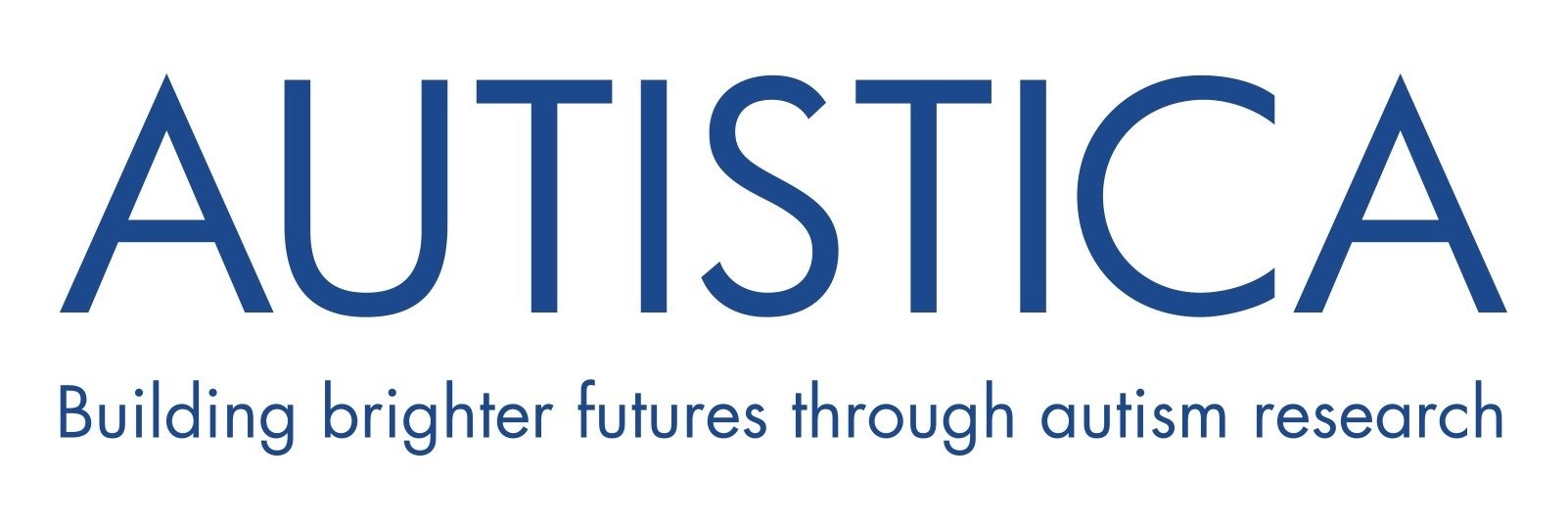Stage 1
AIM
To identify barriers and facilitators to healthcare access for autistic people.
METHODS
Review of existing research
A review of existing research on what barriers and facilitators prevent and enable physical healthcare services access.
Findings
- Identified a number of barriers to accessing and delivering healthcare for autistic adults.
- Barriers included:
- Lack of knowledge within health services about autism in adulthood
- Limited adjustments to meet autistic people's needs
- A lack of accessible support systems for autistic adults
- Difficulties with communication
- Sensory sensitivities experienced by autistic adults within healthcare environments
The findings of the review of existing research are described further in our recent paper: Mason, D., Ingham, B., Urbanowicz, A., Michael, C., Birtles, H., Woodbury-Smith, M., Brown, T., James, I., Scarlett, C., Nicolaidis, C., Parr, J.R. (2019) A systematic review of what barriers and facilitators prevent and enable physical healthcare services for autistic adults.
Findings about the importance and availability of adjustments to improve physical and mental healthcare access for autistic adults are described in this paper: Brice, S., Rodgers, J., Ingham, B., Mason, D., Wilson, C., Freeston, M., Le Couteur, A., Parr, J.R. (2021). The importance and availability of adjustments to improve access for autistic adults who need mental and physical healthcare: findings from UK surveys
National survey
A national survey with autistic adults with physical health conditions, relatives/supporters and health professionals to explore autistic people's health needs, health service use, and views on health checks and adjustments to support engagement with healthcare.
441 autistic adults, 17 relatives/supporters and 50 health professionals from across the UK took part.
Findings
- 80% of autistic people thought a primary health check for autistic adults is needed
- Most people thought they should be for all autistic people including those with learning disabilities
- Most people thought they should start in childhood and be annual
- Most people thought they would be happy to provide information prior to the health check and also let their GP know about the reasonable adjustments they requested
- The top adjustments requested were:
- Environmental adaptions such as lighting, noise levels
- Health professional related such as knowledge of autism and seeing the right person
- Providing information about what will happen/what to expect
- Accessible appointments in terms of place and time
- Keeping to the appointment time
Our findings on the views about primary care health checks for autistic adults: UK survey findings are described in our recent paper: Mason, D., Taylor, H., Ingham, B., Finch, T., Wilson, C., Scarlett, C., Urbanowicz, A., Nicolaidis, C., Lennox, N., Moss, S., Buckley, C., Cooper, SA., Osborne, M., Garland, D., Raymaker, D., Parr, J.R. (2022) Views about primary care health checks for autistic adults: UK survey findings
Focus groups
Focus groups with autistic adults and relatives/supporters to explore their experiences of receiving healthcare and interviews with health professionals to explore their experiences of providing healthcare to autistic people. 11 autistic people, 1 supporter and 15 healthcare professionals took part.
Findings
- Identified a number of barriers to accessing and delivering healthcare for autistic adults
- Barriers to accessing healthcare included:
- Cognitive load ie. trying to manage social presentation during conversation, and getting their needs across
- Anxiety before and during appointments ie. excessive worrying/planning what to say before the appointment and conversation not going 'to plan' during the appointment
- Not being listened to by health professionals
- Sensory sensitivities in waiting rooms e.g. noise levels and lighting
- Health professionals reported that the 'healthcare offer' for autistic people needs further development such as additional training on autism in adulthood and guidance on how their practice can adapt to meet the needs of autistic adults
Our findings about barriers and facilitators are described further in: Mason, D., Ingham, B., Birtles, H., Michael, C., Scarlett, S., James, I.A., Brown, T., Woodbury-Smith, M., Wilson, C., Finch, T., Parr, J.R. (2019). How to improve healthcare for autistic people: a qualitative study of the views of autistic people and clinicians



